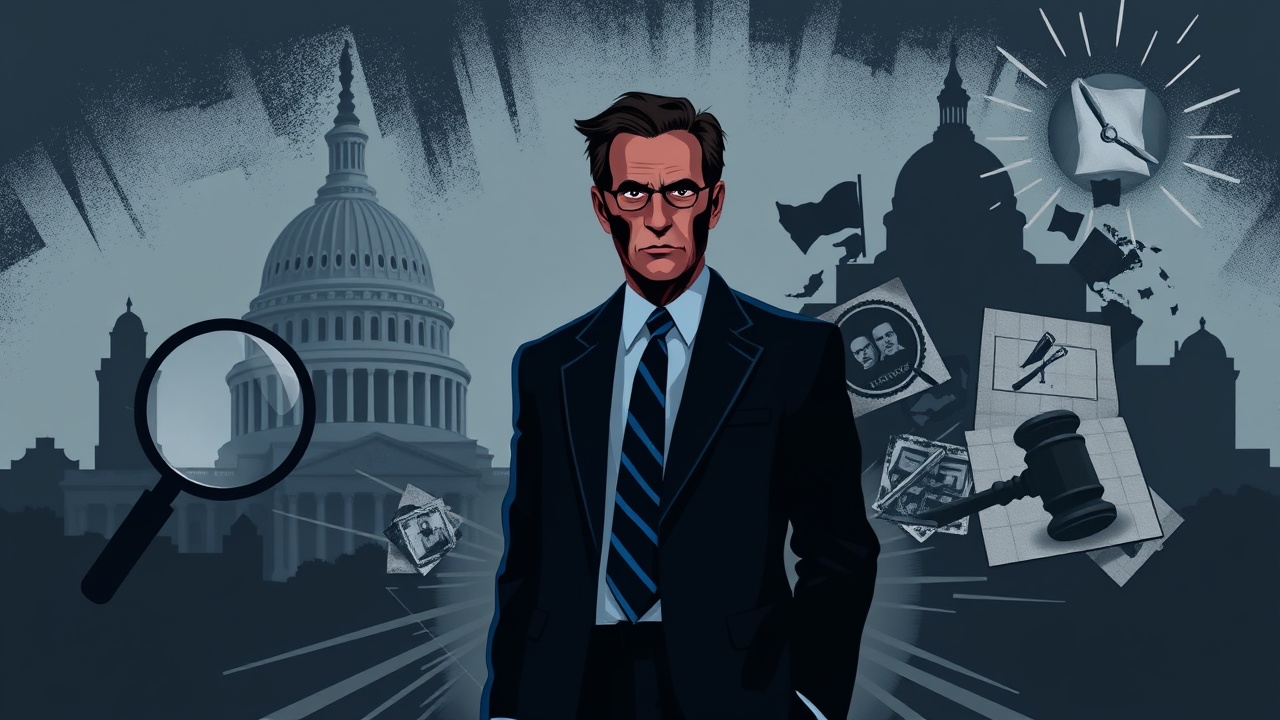Scrutiny of Steve Witkoff’s Financial Connections
Steve Witkoff, who serves as President Donald Trump’s special envoy to the Middle East, faces scrutiny from a group of Democratic senators regarding his ongoing financial connections to cryptocurrency businesses. This inquiry follows an article in Fortune from October 22, which reveals that eight senators have penned a letter seeking clarification on Witkoff’s recent financial disclosure, which indicates that he still holds stakes in crypto-related companies, notably the Trump-associated World Liberty Financial (WLFI).
Concerns Over Compliance and Conflicts of Interest
The senators expressed concerns, indicating,
“Your failure to divest your ownership in these assets raises serious questions about your compliance with federal ethics laws and, more importantly, your ability to serve the American people over your own financial interests.”
Witkoff co-founded WLFI with Trump in 2024 and had previously indicated intentions to divest from such ventures.
Although he has relinquished a $120 million interest in his real estate firm, his August 13 disclosure revealed that he remains invested in various crypto-assets through multiple platforms, including WLFI, WC Digital Fi LLC, WC Digital SC LLC, and SC Financial Technologies LLC. The senators argue that his financial interests in crypto could potentially interfere with his diplomatic responsibilities, particularly in light of WLFI’s connections to the United Arab Emirates. They have set a deadline of October 31 for Witkoff to respond in detail about how he intends to address these conflicts of interest.
Broader Implications and Criticism
The controversy surrounding Witkoff is part of a larger debate over cryptocurrency investments by public officials, which has also implicated Trump himself. Senator Elizabeth Warren has criticized the Trump family’s engagement with the newly launched WLFI token, describing it as
“corruption, plain and simple,”
and emphasizing that insufficient regulation permits public officials to capitalize on their influence for personal financial advantage.
Additionally, recent analyses indicate that the Trump family has generated at least $1 billion over the last year from various crypto initiatives, including digital trading cards and meme coins. Critics highlight significant ethical dilemmas posed by such involvement in cryptocurrency while holding public office. Nonetheless, the White House has rebuffed claims of potential conflicts, maintaining that Trump keeps his business operations distinct from his presidential duties, even as calls for stricter regulations regarding officials’ interactions with digital assets grow louder.




